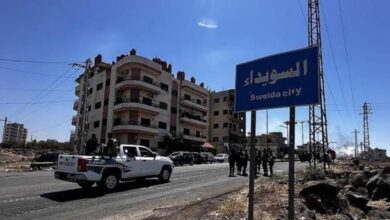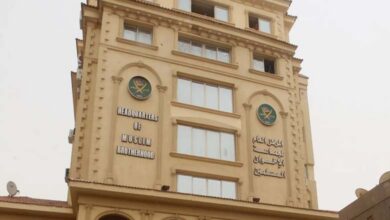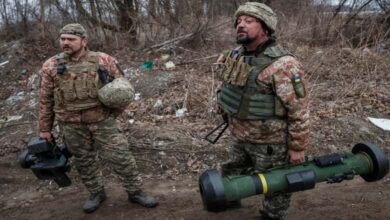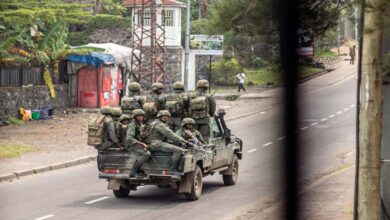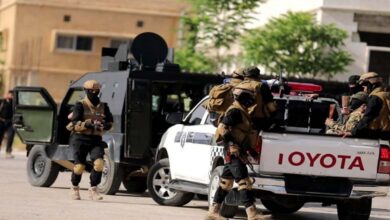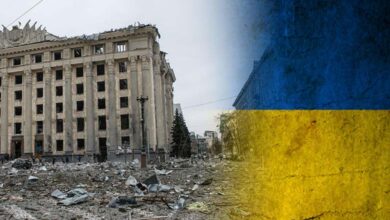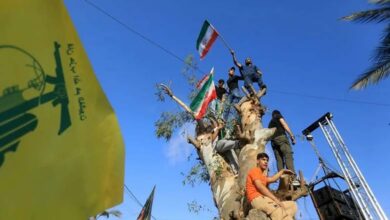Lebanon Dismantles Hamas and Jamaa Islamiya Training Camp
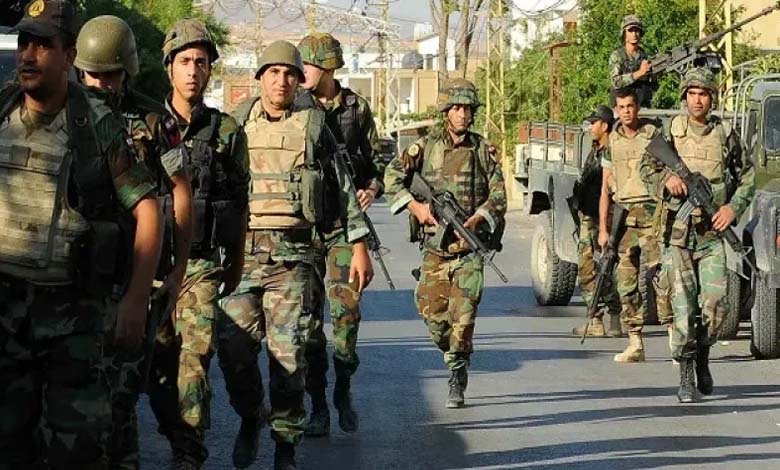
Lebanese authorities have stepped up security measures to curb the proliferation of weapons outside state institutions, reflecting Beirut’s efforts to eliminate the justifications Israel cites for its continued strikes on Lebanese territory.
-
U.S. Warning on Lebanon’s Return to the Levant Sparks Controversy
-
Hamas’ Intransigence vs. Washington’s Optimism: U.S. Official Weighs Gaza Deal Prospects
Amid growing tensions along the southern border, Lebanese authorities have recently intensified actions to control illegal arms. In this context, a Lebanese judicial source revealed on Saturday that the Lebanese army had successfully dismantled a training camp affiliated with Hamas and Jamaa Islamiya in the Aley region, about 20 kilometers west of Beirut.
According to the source, cited by Asharq Al-Awsat newspaper, the camp was fully equipped with arms and gear and was used to train both Lebanese and foreign fighters in combat tactics.
-
Between Washington and Tel Aviv… Is UNIFIL nearing the end of its mission in Lebanon?
-
Lebanon Dismantles Hezbollah Network with Israeli Support
More than ten individuals were arrested during the raid, most of them residents of Beirut, along with others from Arab countries, notably Jordan. The source added that some of the detainees belong to families known for their jihadist backgrounds, with some of their fathers having been killed in previous confrontations with Israel—heightening the sensitivity and security implications of the case.
The detainees reportedly belong to the “Fajr Forces,” the military wing of Jamaa Islamiya in Lebanon, alongside members of Hamas. The operation was carried out following close surveillance by intelligence services, as part of a broader series of preemptive actions to prevent any potential Israeli military escalation or internal security threats.
-
Neutralizing Beirut: Lebanon Seeks Understanding with Israel after Saturday Escalation
-
Hostages Before Hamas… A Shift in Priorities or Prelude to the End of the Gaza War?
These moves are part of a comprehensive Lebanese strategy to reassert state control over all security matters on its territory, especially regarding Palestinian weapons and armed groups operating outside the framework of state legitimacy. Through these steps, Beirut seeks to demonstrate to the international community—particularly the United Nations—its commitment to the ceasefire and its determination to avoid further escalation.
In May, Lebanese President Joseph Aoun met with Palestinian President Mahmoud Abbas. They jointly announced the formation of a committee to oversee security issues in Palestinian camps across Lebanon, including the management of unauthorized weapons. Both leaders affirmed their commitment to the principle of exclusive state control over arms, in line with efforts to stabilize host communities and improve conditions inside the camps.
-
The Ghost of Lebanon’s Beeper… Ukraine Brings the Battlefield to the Eyes
-
Washington and Riyadh Support ‘Third Option’ to End Lebanon’s Presidential Vacancy
The Lebanese government is under mounting pressure, especially from the United States and European countries, to tighten oversight over armed factions, particularly Hamas, amid repeated Israeli accusations that Lebanese territory is being used to launch attacks or pose threats to its national security.
Beirut maintains that Israel’s ongoing airstrikes in southern Lebanon are often justified by the existence of illegal weapons and uncontrolled militant activity. By taking recent action, Lebanon aims to undercut those justifications and reinforce its right to sovereignty and self-defense.
-
Ukraine and Lebanon: Two Separate Wars That Changed Syria’s Fate
-
Suffering of Returning Southerners… Lebanon’s Homes Destroyed Due to Bombings
Despite the significance of these steps, Lebanon still faces major obstacles in asserting full sovereignty, given the deep internal political divisions and the complex dynamics among local powers regarding Palestinian arms—especially in relation to Hezbollah.
Nonetheless, the dismantling of the training camp in Aley sends a clear message about the state’s seriousness in regulating weapons and limiting armed activity to official institutions. While difficult, this path is essential to preventing further escalation or internal collapse.
-
Israel strikes Hamas, Hezbollah, and Houthi “weapons supply line” in Iran… Who is Behnam Shahriari?
-
Who Is the Yasser Abu Shabab Group Opposing Hamas in Gaza?
Navigating between pressing security concerns and fragile political balances, Beirut continues to tread a fine line in its attempts to control illegal weapons within its borders, reaffirming its commitment to the existing ceasefire with Israel. As Lebanon’s crisis-weary population and the international community watch closely, the government seems determined to approach the issue with both caution and resolve.


